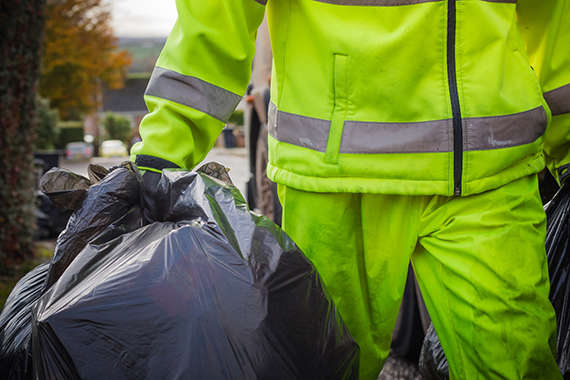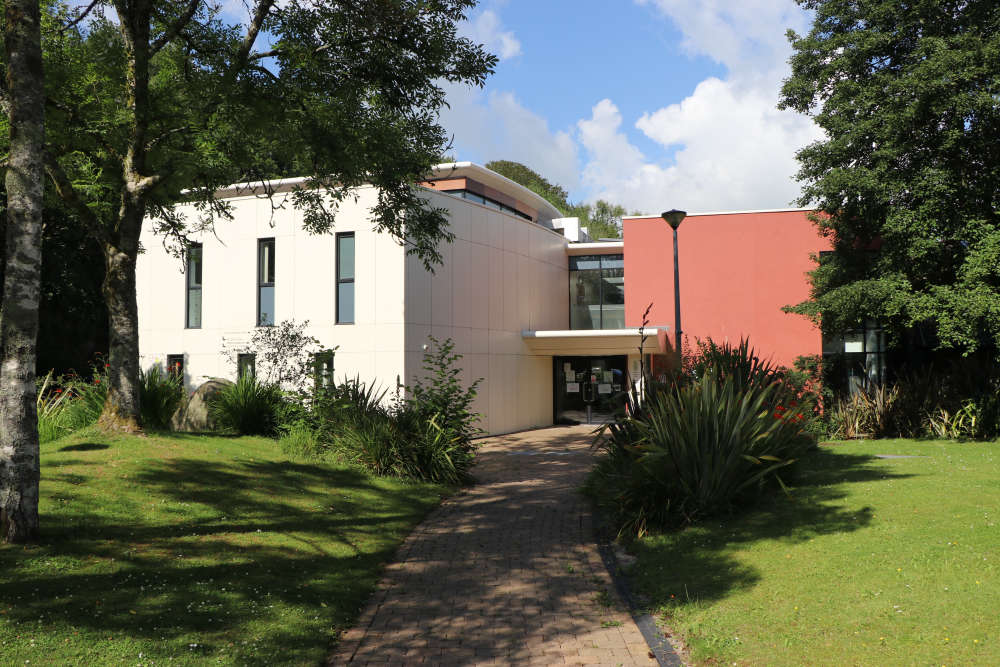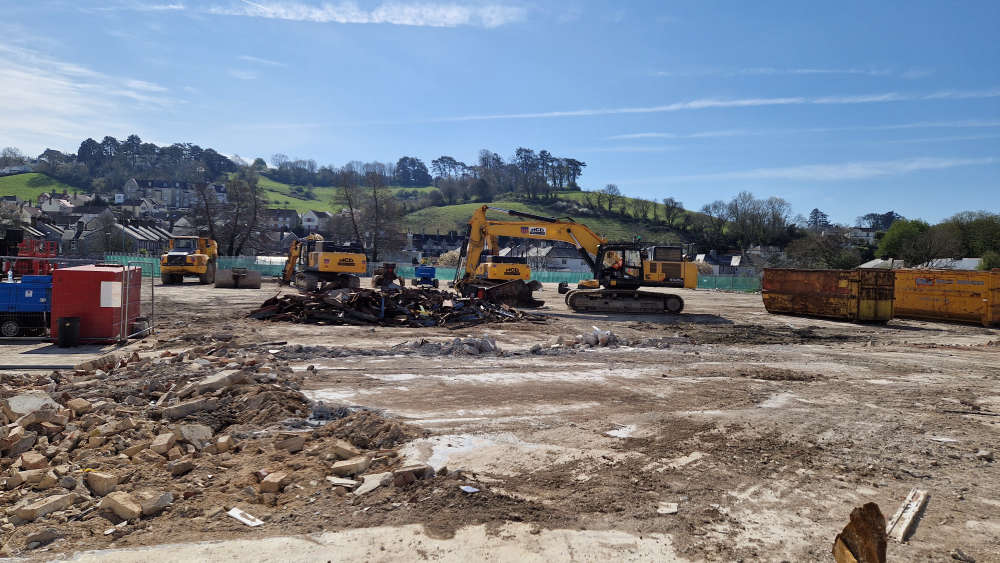
Waste collections would be every three weeks
Following a trial of three-weekly waste collections over the summer Mid Devon District Council is now considering implementing the scheme throughout the district.
The three-month long trial, which began in July 2021, took place in Holcombe Rogus/Westleigh and an area around Canal Hill in Tiverton and involved more than 1000 households having their residual waste (black sacks or bins) collected every three weeks. All other waste and recycling collections were unaltered.
At a meeting of the Council’s Environment PDG yesterday, Members voted unanimously to approve the recommendation to introduce the three weekly scheme across the district, with food waste collected weekly and dry recycling collected fortnightly (unchanged from existing collections). Members of the Council’s Cabinet will now discuss the proposals before a final decision is made.
Mid Devon has not implemented any significant changes to its waste collections since 2015 and is now looking to follow many others local authorities, including neighbouring Somerset, who have successfully implemented three-weekly residual waste schemes.
By introducing three-weekly waste collections the council will be able to improve recycling rates, decrease residual waste and in turn reduce the carbon impact and cut emissions from our collection vehicles. It will also help the Council to meet with Government guidelines to recycle 65% of household waste by 2035 and Devon’s proposed 60% target rate by 2025.
If the scheme is approved the Council is looking to run a campaign in the Summer to bring awareness of the changes to Mid Devon residents, ahead of the implementation of the changes to customers during the Autumn.
Cllr Colin Slade, cabinet member for the environment and climate change, said: “The trial has shown a significant reduction in the collection of non-recyclable waste in both urban and rural areas, which can only be a good thing for our district. I understand some people may be reluctant or have concerns about this potential change, but it has been proven to work to benefit the environment, with minimal impact on households.”
During the trial the Council saw a significant decrease in residual waste and a substantial increase in recycling of food waste.
Where customers used their own container or sacks in the urban trial setting, there was a 24 per cent reduction in residual waste collected, compared to a reduction of 44% in the area where capacity was limited and wheelie bins provided. Results from the rural setting are similar with customers who used their own receptacle or sacks reducing residual waste by 6% and those with limited capacity (provided with wheelie bins) by 30%.
In addition customers in the urban trial setting, who used their own containers or sacks, increased food waste recycling by 29 per cent and those provided with wheelie bins by 25 per cent and in the rural setting this increased by 7 per cent and 15 per cent respectively. This increase in food waste recycling indicates that food waste was diverted from residual waste and is the main contributor to the impressive decline in residual waste found during the trial.
Customers involved in the trial were also consulted and results of this survey show 77% of those who responded were either satisfied or very satisfied or neither satisfied nor dissatisfied with the three weekly waste collection, while the remaining 23% were dissatisfied or very dissatisfied.
 Students connect with elderly residents to combat loneliness
Students connect with elderly residents to combat loneliness
 Crackdown on anti-social behaviour in Plymouth
Crackdown on anti-social behaviour in Plymouth
 £1.6 million for more energy efficiency Devon home upgrades
£1.6 million for more energy efficiency Devon home upgrades
 SWW to build huge new Churston solar farm
SWW to build huge new Churston solar farm
 MP highlights Devon's dentistry 'crisis'
MP highlights Devon's dentistry 'crisis'
 Work on ‘once-in-a-generation’ Newton Abbot project back on track
Work on ‘once-in-a-generation’ Newton Abbot project back on track
